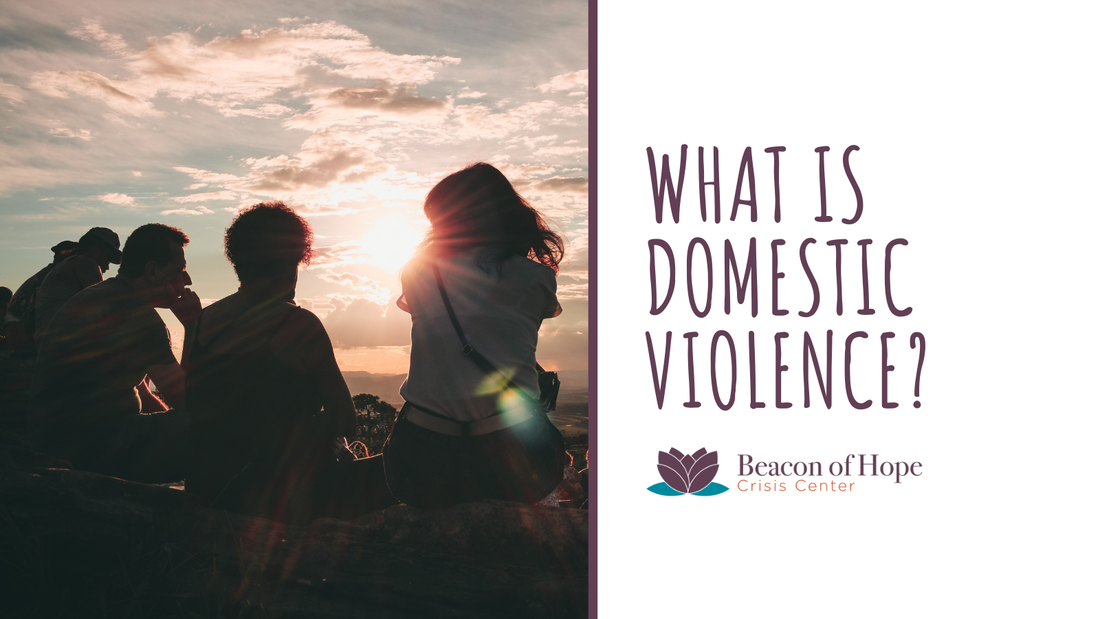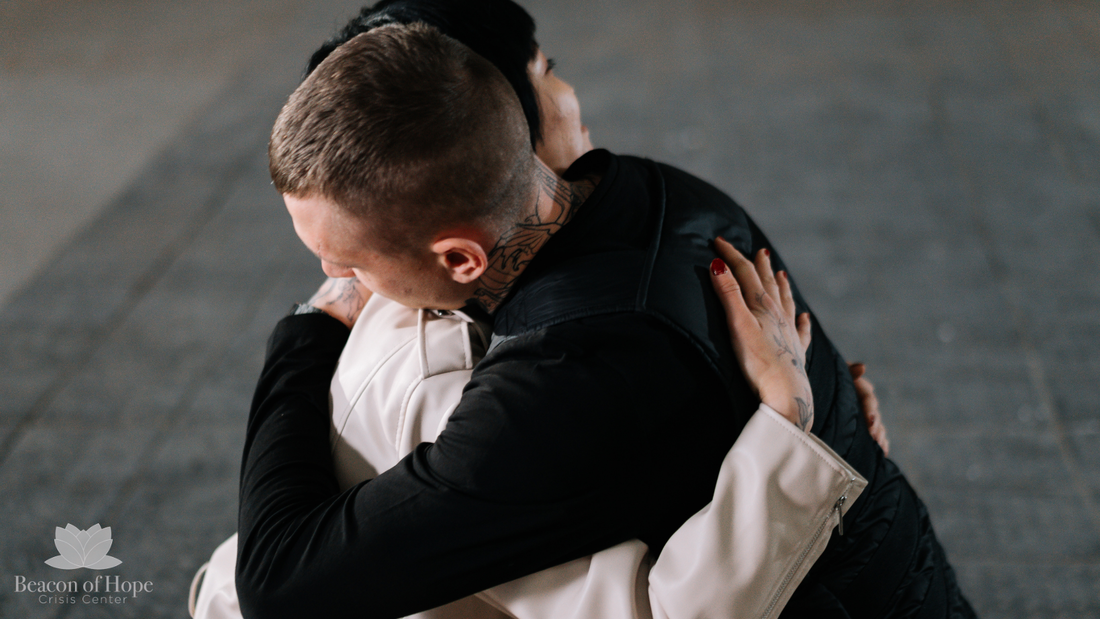|
By: Olivia Ryder Domestic violence, which is also referred to as domestic abuse or intimate partner violence, is defined by the United States Department of Justice as “a pattern of abusive behavior in any relationship that is used by one partner to gain or maintain control over another intimate partner.” This abuse can be physical, sexual, verbal, emotional, psychological, spiritual, digital, or even economic.
Insults, threats, gaslighting, and sexual coercion are all aspects of domestic violence. In other words, domestic violence includes any abusive behaviors that frighten, intimidate, manipulate, hurt, blame, or injure an intimate partner or family member. It can happen in a wide variety of relationships, including but not limited to married couples, people dating, former couples, family members, and people with shared children. It is important to note that domestic violence can happen to anyone regardless of religion, actual or perceived race, color, sex, age, sexual orientation, gender identity or gender expression, marital status, national origin, language capacity, or disability. It impacts every community and people from all socioeconomic backgrounds. According to the National Coalition Against Domestic Violence (NCADV), nearly 20 people per minute are physically abused by an intimate partner in the United States. Meaning, in one year, more than 10 million women and men have experienced physical abuse by their intimate partners. Victims of domestic violence can experience diminished self-worth, anxiety, depression, and feelings of helplessness because of the actions and behaviors of their abusive partners. Free resources and help are available. For more information, contact our Confidential Crisis Line: (317) 731-6140. If you are in a life-threatening situation, call 9-1-1 immediately. By: Jenna Shearer The holidays are a lovely time to spend with friends and family. Many people try to get together and reminisce over the past year’s highs and lows. We also try to relax, recharge, and start fresh in the New Year. However, the cruel reality is that domestic violence doesn’t rest.
According to research, domestic violence increases over the holidays for several reasons:
It is important to recognize the warning signs of domestic violence while spending time with family or friends. A family member or friend may be experiencing abuse. If anyone reaches out for help, listen, and believe them. Take this opportunity to familiarize yourself with the warning signs of domestic violence. Warning Signs of Domestic Violence
You might be wondering what to do if you identify possible warning signs. The most important thing is to make sure that you respect the survivor’s space and avoid putting them in harm’s way by calling them out. Find a way to speak with the survivor about your concerns in private rather than in front of others. Talking about domestic violence saves lives. It’s important that we speak up when something does not feel right. If you are hesitant or unsure of how to approach this conversation, our advocates are here to help you navigate next steps. Local domestic violence agencies offer education and support for victims as well as families and friends impacted by these crimes. Speak with a victim advocate by calling our confidential crisis line at (317) 731-6140. You can also reach us through social media messaging or our contact us page. If you are in immediate danger, please call 9-1-1. |
About this blog
This blog is about our domestic and sexual violence crisis center, Beacon of Hope. We hope you find it full of helpful information, motivation, creativity, serious facts and positivity. We hope that it will help you know what is happening in our center, in our community and with our events. We hope you follow our blog in support of our organization and our mission. Archives
October 2024
Categories
All
|
|
CAREER opportunities © 2024 Beacon of Hope Crisis Center Privacy Policy Accessibility Statement Training Portal Login |



 RSS Feed
RSS Feed